Throughout history, superstitions about having children have permeated cultures worldwide. These beliefs, often passed down through generations, reflect fears, hopes, and cultural norms surrounding parenthood. While some may seem quaint or harmless today, others might be surprising or even bewildering. This list explores ten enduring superstitions that continue to capture the imagination of parents and communities alike. From predicting a baby’s gender to rituals for ensuring healthy offspring, these beliefs reveal much about human psychology and the cultural fabric of societies. Let’s delve into some of these fascinating superstitions and uncover the stories behind them.
1. Gender Prediction by Necklace Swing

Many believe that the way a necklace swings can predict a baby’s gender. If it moves in a circle, a girl is expected; back and forth means a boy. This ancient practice, steeped in tradition, brings excitement to parents eager to discern their child’s gender. While modern science offers accurate methods, the necklace swing remains a cherished ritual. It connects expectant parents with cultural roots and offers a glimpse into old-world wisdom. Beyond its predictive claims, this superstition provides a moment of joy and connection between the generations, keeping family traditions alive.
2. The Full Moon’s Influence
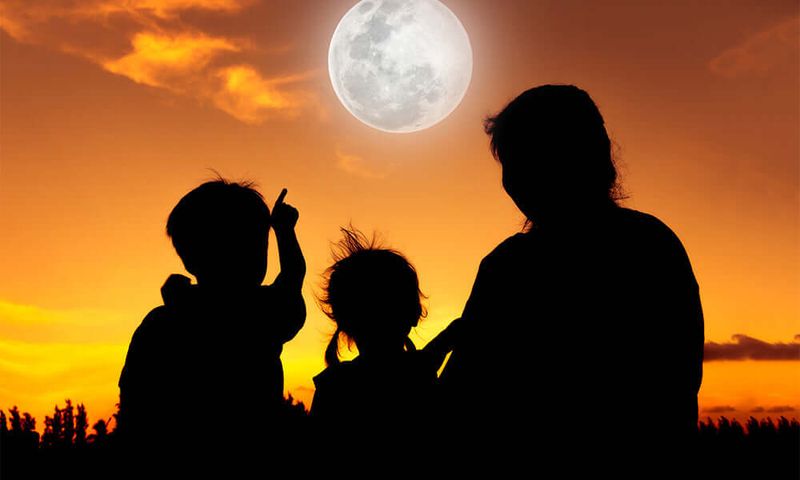
The full moon has long been associated with childbirth, with many believing it can induce labor. This superstition, rooted in the moon’s mythical allure, captures the imagination of expectant mothers. Stories abound of maternity wards filling up during lunar events, adding to the mystique. While science may not support these claims, the moon’s influence is deeply embedded in folklore. For some, the full moon symbolizes a natural rhythm, a cosmic dance connecting human life to celestial cycles. It’s a beautiful reminder of the wonder and mystery surrounding childbirth and the universe.
3. Craving Sweets Means a Girl

Craving sweets during pregnancy is often linked to having a girl. This notion adds a sweet twist to the anticipation of a baby’s arrival. The belief, while whimsical, taps into the universal curiosity about gender. Although cravings are more about hormonal changes, this superstition brings a playful element to pregnancy. It’s a conversation starter, a fun way for family and friends to engage with the expectant mother. Whether true or not, it highlights the joy and speculation that surrounds the journey to parenthood, blending tradition with modern experiences.
4. The Power of a Baby’s Name
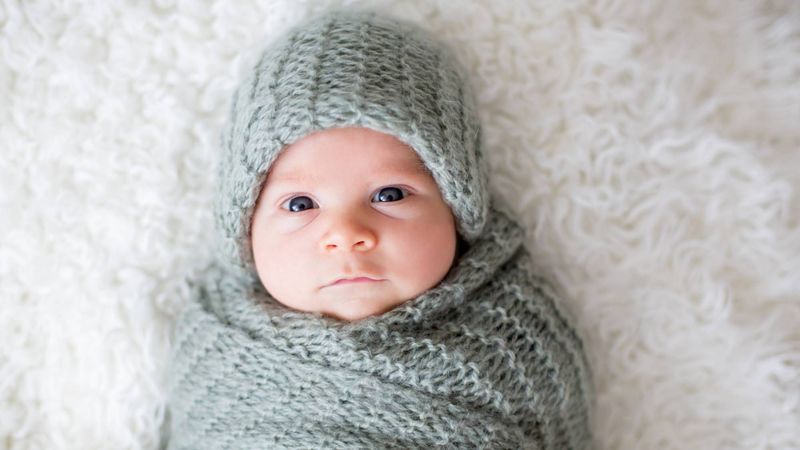
Choosing a baby’s name is more than a decision; it’s believed to shape the child’s destiny. Many cultures hold that names carry power, influencing personality and life path. This superstition places immense responsibility on parents, adding layers of meaning to the naming process. The right name is thought to bestow blessings and protection, making it a cornerstone of many traditions. While today’s parents might choose names for their beauty or uniqueness, this belief underscores the profound cultural significance of naming. It’s a testament to the enduring connection between identity and destiny.
5. Avoiding Knitting While Pregnant
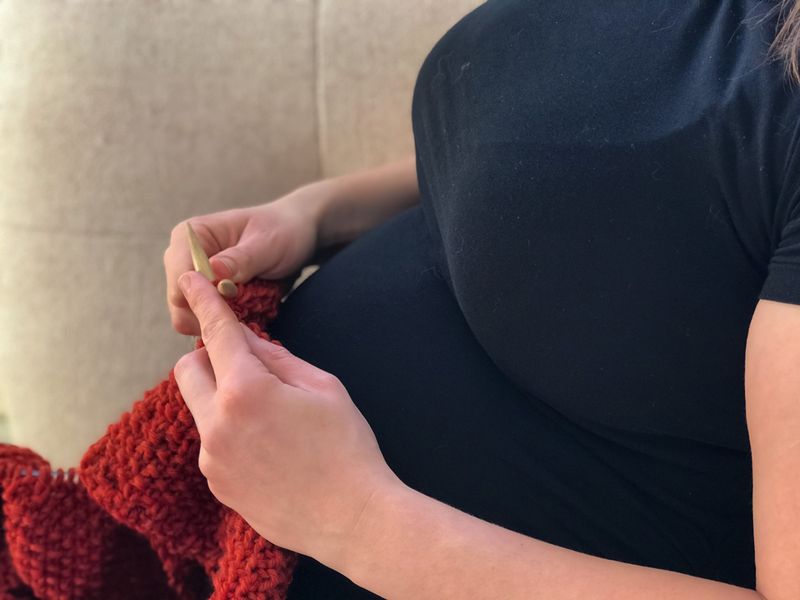
In some cultures, knitting during pregnancy is thought to entangle the umbilical cord. This superstition, though seemingly unfounded, reflects deeper concerns about the unborn child’s safety. The act of knitting becomes symbolic of weaving fate and life, intertwining family and tradition. For those who heed this belief, avoiding knitting is a precautionary measure, a gesture of love and care. It highlights the anxieties and hopes of prospective parents, encapsulating the delicate balance between tradition and modernity. Whether followed or not, it adds another layer to the rich tapestry of parenting folklore.
6. Belly Shape Predicting Gender

The belief that belly shape can predict a baby’s gender is widespread. High and pointed means a boy, while round and wide suggests a girl. This superstition, passed down through generations, adds intrigue to pregnancy. It offers a visual way for family and friends to engage with the expectant mother, sparking conversations and predictions. Though lacking scientific backing, it remains a cherished part of the pregnancy experience. The belly’s shape becomes a canvas for dreams and expectations, reflecting the universal excitement and curiosity about new life. It’s a shared journey of wonder and anticipation.
7. The Evil Eye Protection
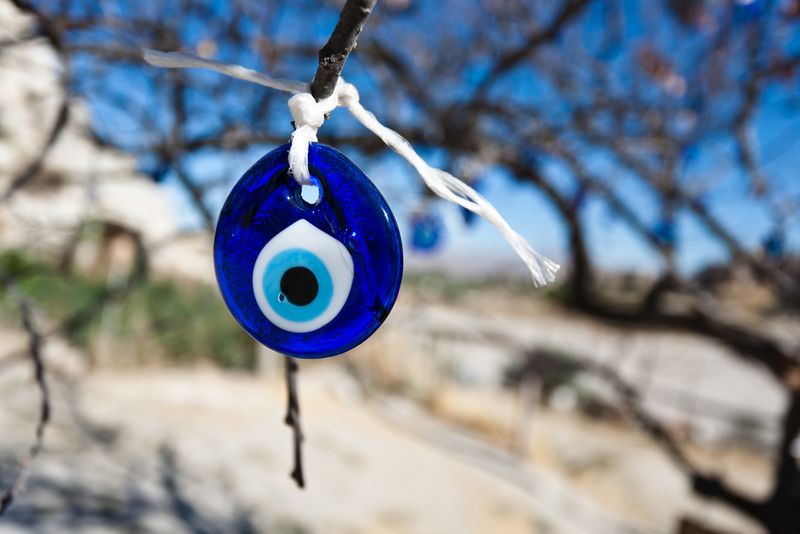
The evil eye is a powerful symbol in many cultures, believed to protect babies from harm. Parents adorn their children with amulets and charms, trusting in their protective powers. This superstition speaks to the universal desire to shield loved ones from negative energies. While skeptics may dismiss it as mere folklore, the practice persists, offering comfort and security to believers. The evil eye becomes a tangible expression of love and protection, bridging cultural divides. It’s a timeless ritual that unites families in their shared hope for the child’s well-being and happiness.
8. Eating for Two
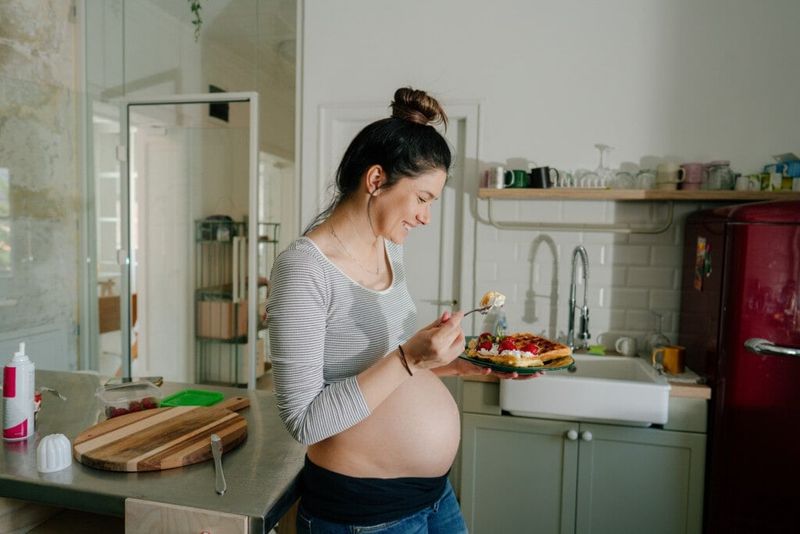
The idea that expectant mothers must “eat for two” is both comforting and misleading. This superstition suggests that a pregnant woman needs to double her intake, reflecting concern and care for the unborn child. While nutritional needs do increase, the notion of eating for two often leads to overindulgence. It’s a cultural myth that underscores the importance of nourishment while highlighting misconceptions. For many, it becomes a tender reminder of the nurturing role of motherhood. Balancing tradition and health awareness, this belief continues to influence dietary choices, making it a part of the parenting narrative.
9. The Role of Cravings

Pregnancy cravings are surrounded by myths and superstitions. Some believe cravings signal nutritional needs, while others see them as predictors of personality. The mystery of cravings adds a whimsical element to the pregnancy experience. They become a delightful topic of conversation, a playful guessing game for family and friends. While science attributes cravings to hormonal changes, the myths provide a cultural lens through which to view this aspect of pregnancy. They reflect the intersection of tradition and biology, offering a rich tapestry of beliefs and stories that accompany the journey to motherhood.
10. Avoiding Baby Showers
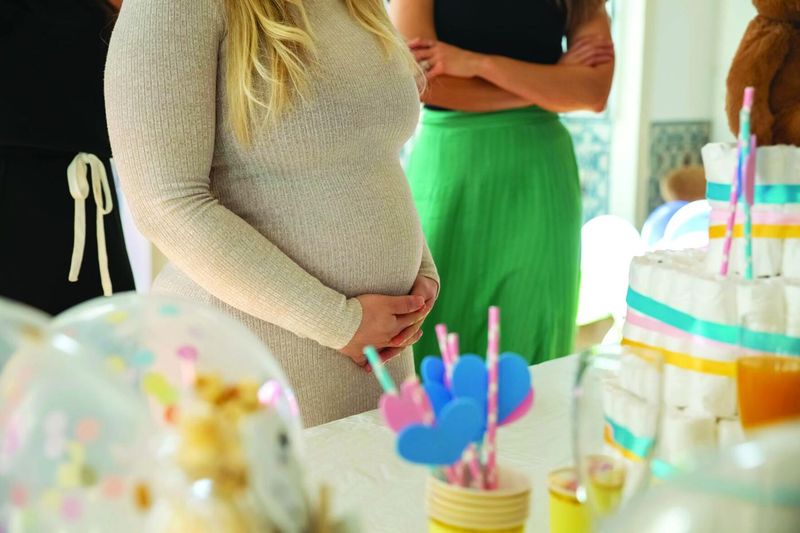
In some cultures, hosting a baby shower before a child’s arrival is seen as bad luck. This superstition stems from a desire to protect the unborn child from envy and misfortune. Avoiding celebrations is thought to ensure a safe birth, reflecting deeper cultural anxieties. For those who adhere to this belief, it becomes a meaningful way to shield the family from potential harm. It underscores the hopes and fears that accompany pregnancy, illustrating the delicate balance between celebration and caution. Even in modern times, this superstition resonates with many, preserving a timeless protective instinct.

Mother of three and a primary school teacher. I’ve always loved being around children and helping them, so I chose my path as a teacher. It is sometimes hectic with three children, but I am 100 percent into it and wouldn’t change it for anything in the world.

